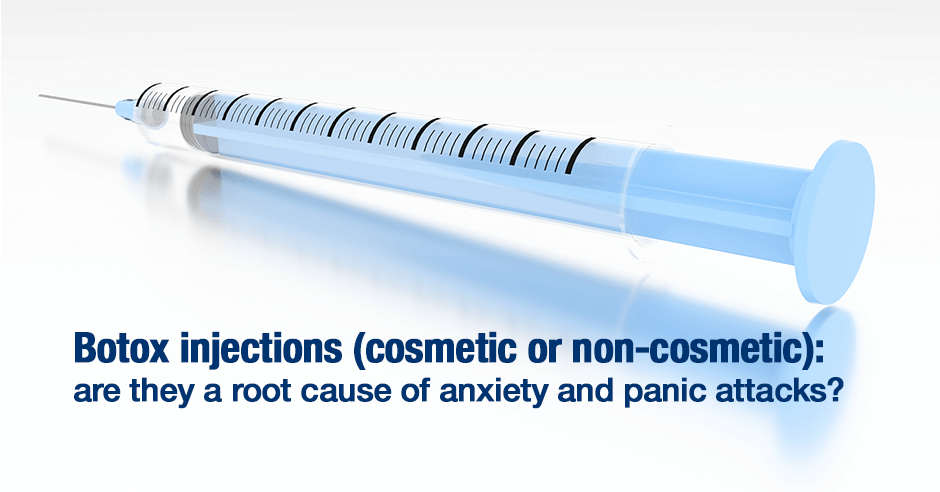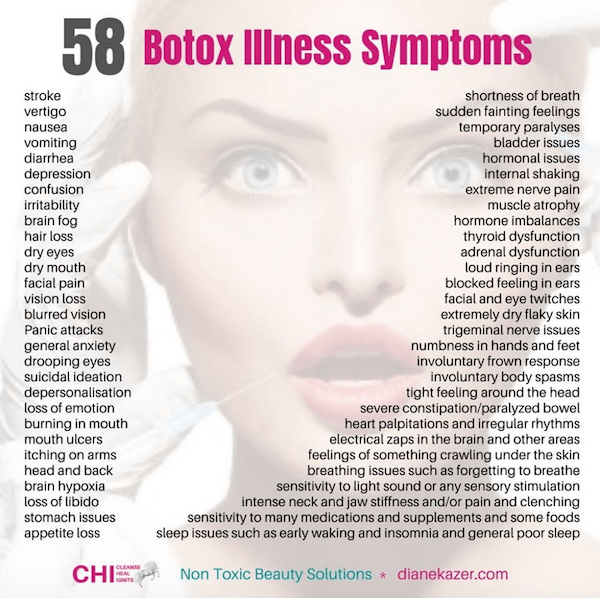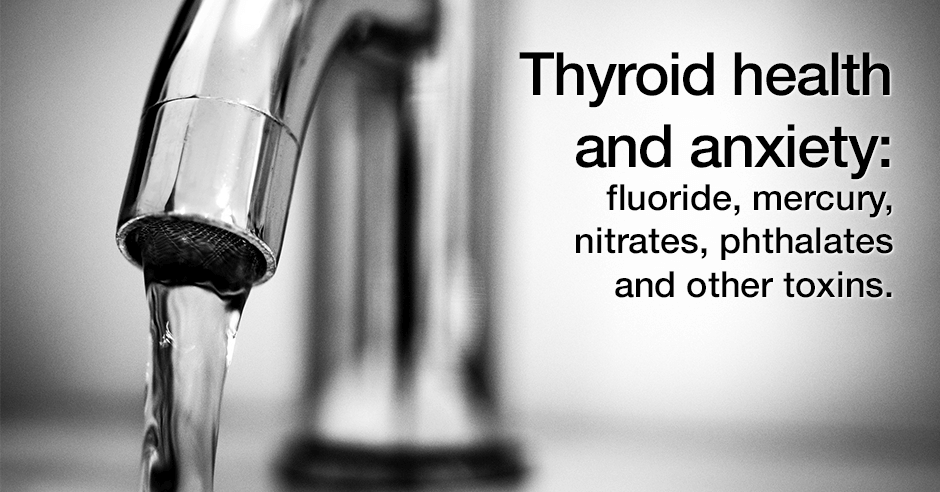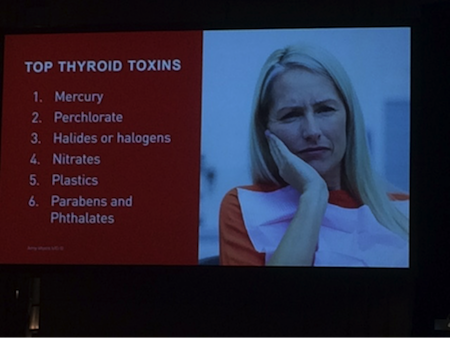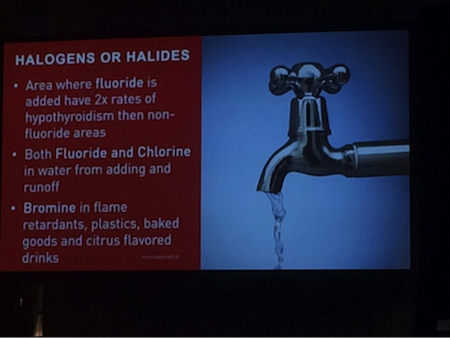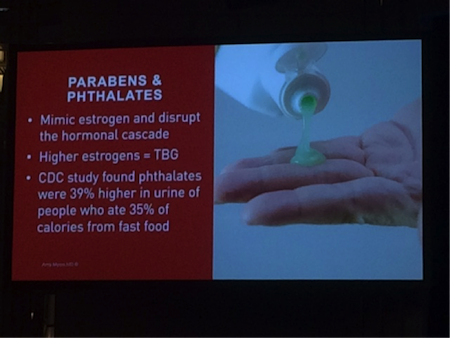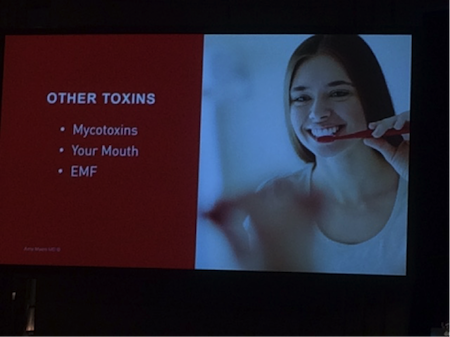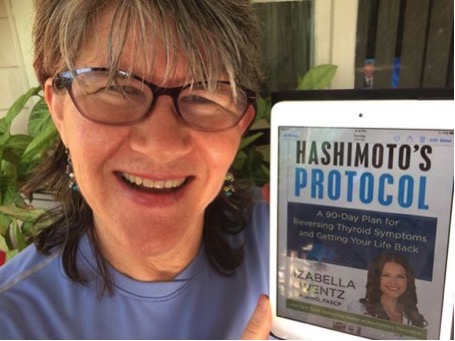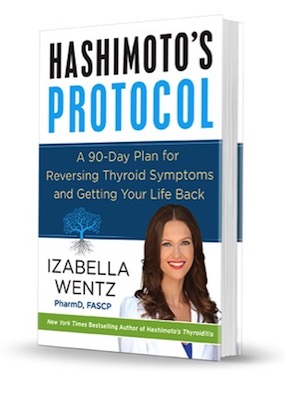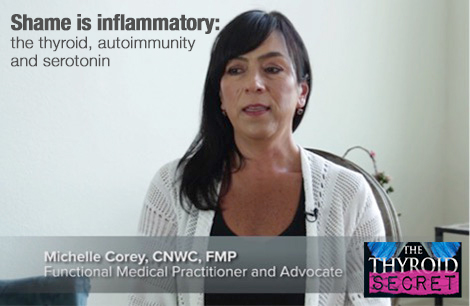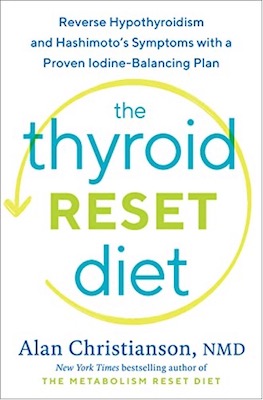
Dr. Alan Christianson’s new book, The Thyroid Reset Diet: Reverse Hypothyroidism and Hashimoto’s Symptoms with a Proven Iodine-Balancing Plan, is a “surprising new plan to reverse the symptoms of thyroid disease by reducing excess dietary iodine.”
I highly recommend this book if you:
- Have known or suspected thyroid dysfunction/disease
- Are a practitioner working with individuals with thyroid disease
- Are using amino acids – such as tryptophan, 5-HTP, GABA or theanine – for easing anxiety (because thyroid health needs to be optimal in order for the amino acids to work well)
- Would like to learn about how too much dietary iodine (and some surprising sources) can contribute to thyroid disease
Here is the official book blurb:
A surprising new plan to reverse the symptoms of thyroid disease by reducing excess dietary iodine, from integrative physician and New York Times bestselling author Dr. Alan Christianson.
“The most innovative treatment plan around.”—JJ Virgin, New York Times bestselling author, celebrity nutrition expert, and Fitness Hall of Famer
Though the thyroid gland is small, it produces hormones that control the rate of nearly every chemical reaction in the body—turning food into energy, controlling the rate of tissue growth, stimulating the activity of other hormones, and much more. An estimated twenty million Americans have some form of thyroid disease, and up to 60 percent of them are unaware of their condition. Depending on the type and severity of the thyroid disease, symptoms can range from weight gain and fatigue to hair thinning and memory loss.
In The Thyroid Reset Diet, Dr. Alan Christianson helps readers reverse chronic thyroid diseases like hypothyroidism and Hashimoto’s Thyroiditis with nothing more than dietary change: the reduction of iodine intake. Backed by new research showing that proper dietary iodine intake can start to reverse thyroid disease in as little as four weeks, his diet plan contains the optimal amount of iron and dietary iodine to control thyroid hormones, effectively resetting the thyroid.
Instead of following a restrictive diet for thyroid health, The Thyroid Reset Diet does not require eliminating any food category. Instead, Dr. Christianson recommends food swaps like brown rice instead of processed bread to regulate iodine intake. He shares the latest on supplements and other thyroid health strategies, along with more than sixty-five recipes, weekly meal plans, and maintenance info. His cutting-edge research and clear results, coupled with an easy-to-follow diet plan, will help anyone struggling with thyroid disease.
Get your copy on Amazon here (my Amazon link) or from bookstores.
I have some questions for Dr. Christianson and based on the response to the email I shared about this book a few weeks ago, I know many of you have questions too.
Please do share your questions in the comments below.
I’ll also update this blog with some snippets and my questions in next week’s newsletter.
I’m planning a video interview with Dr. Christianson and we’ll do our best to get all our questions answered.
